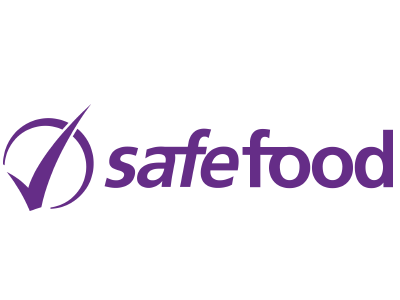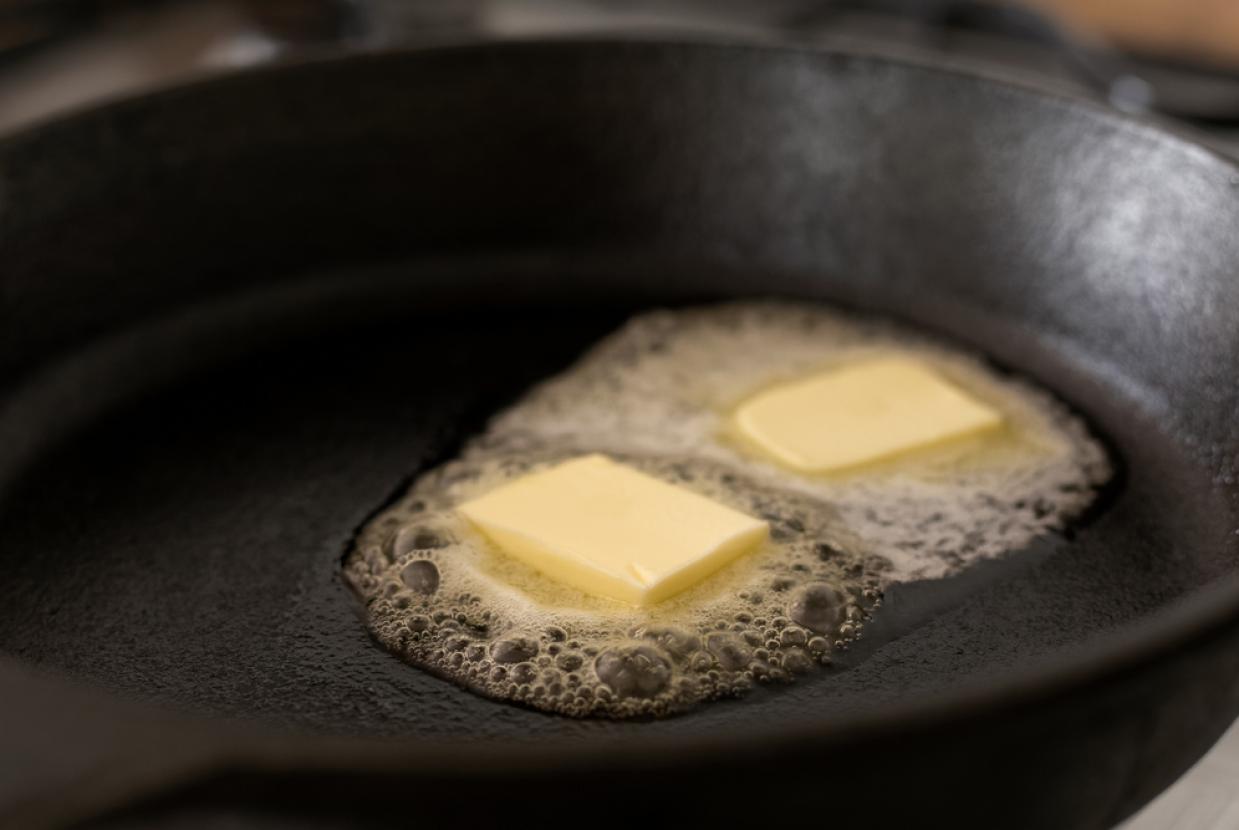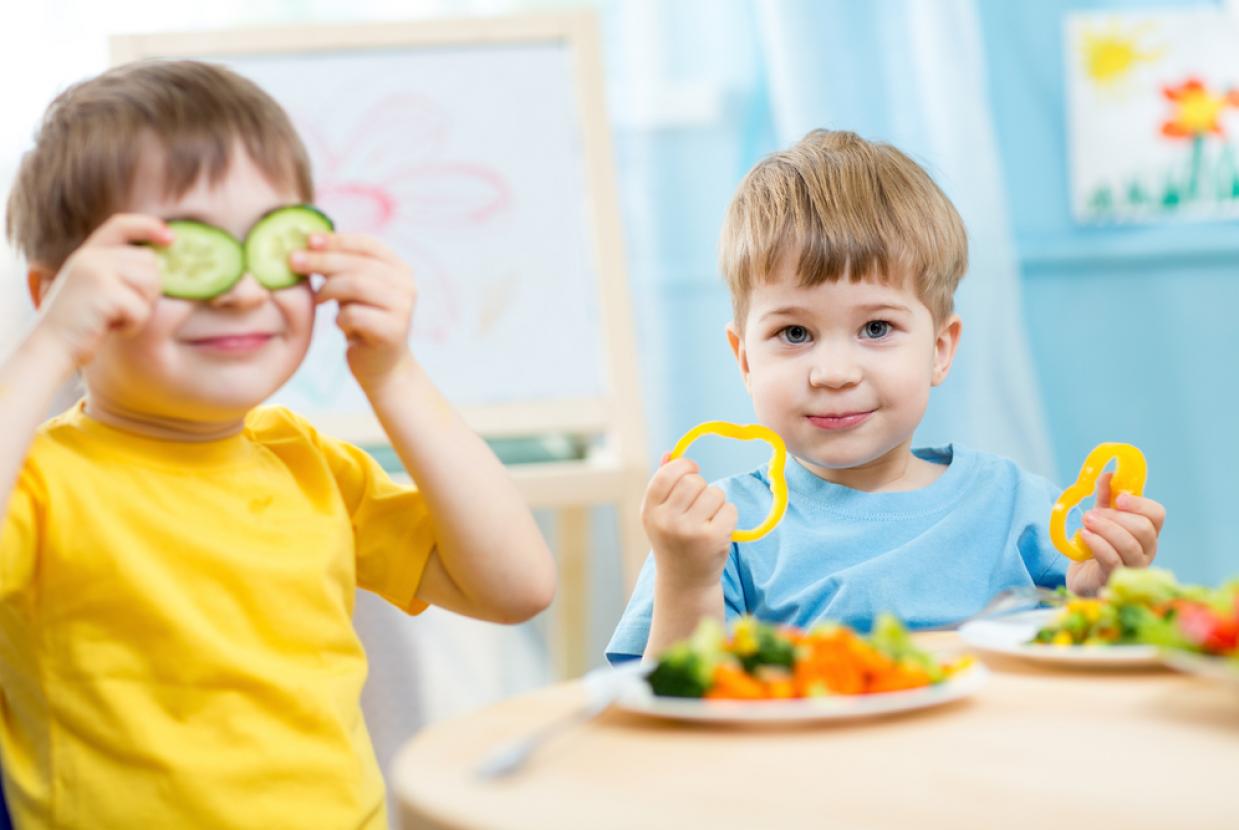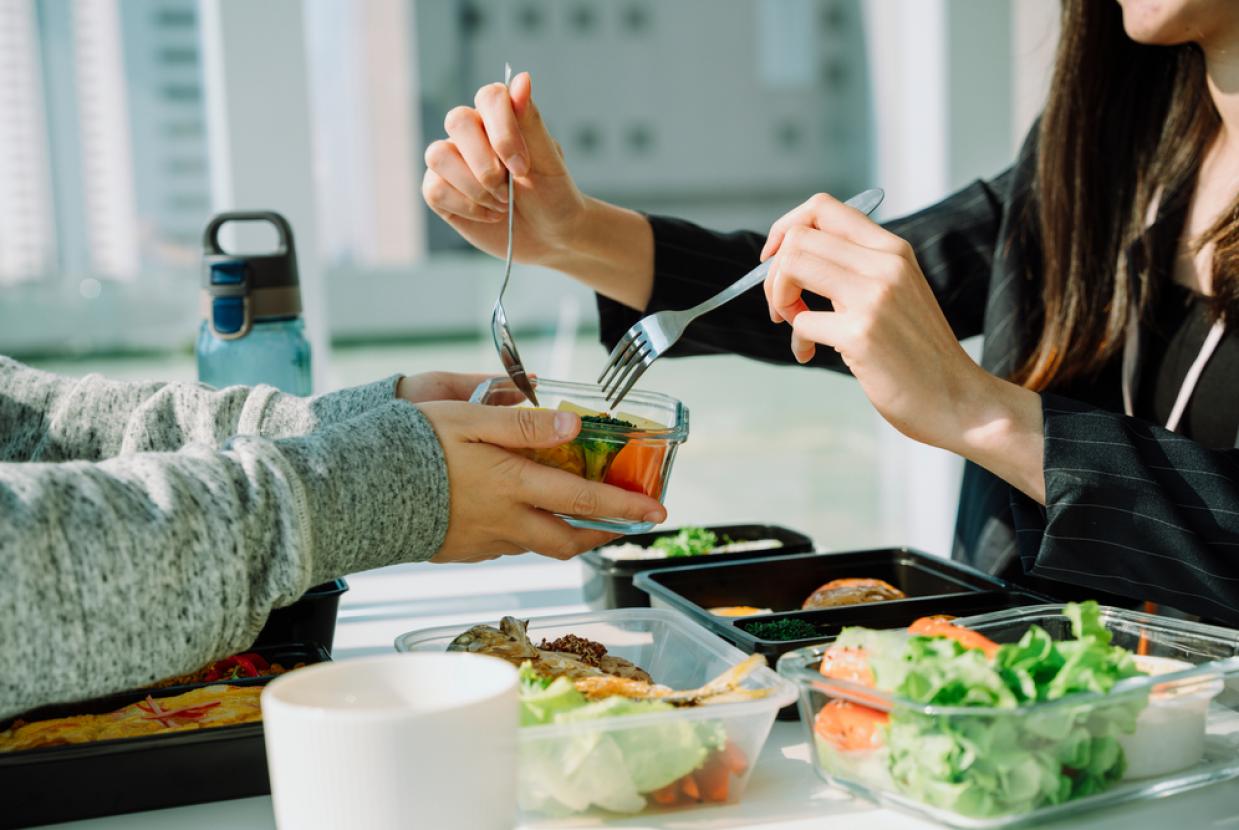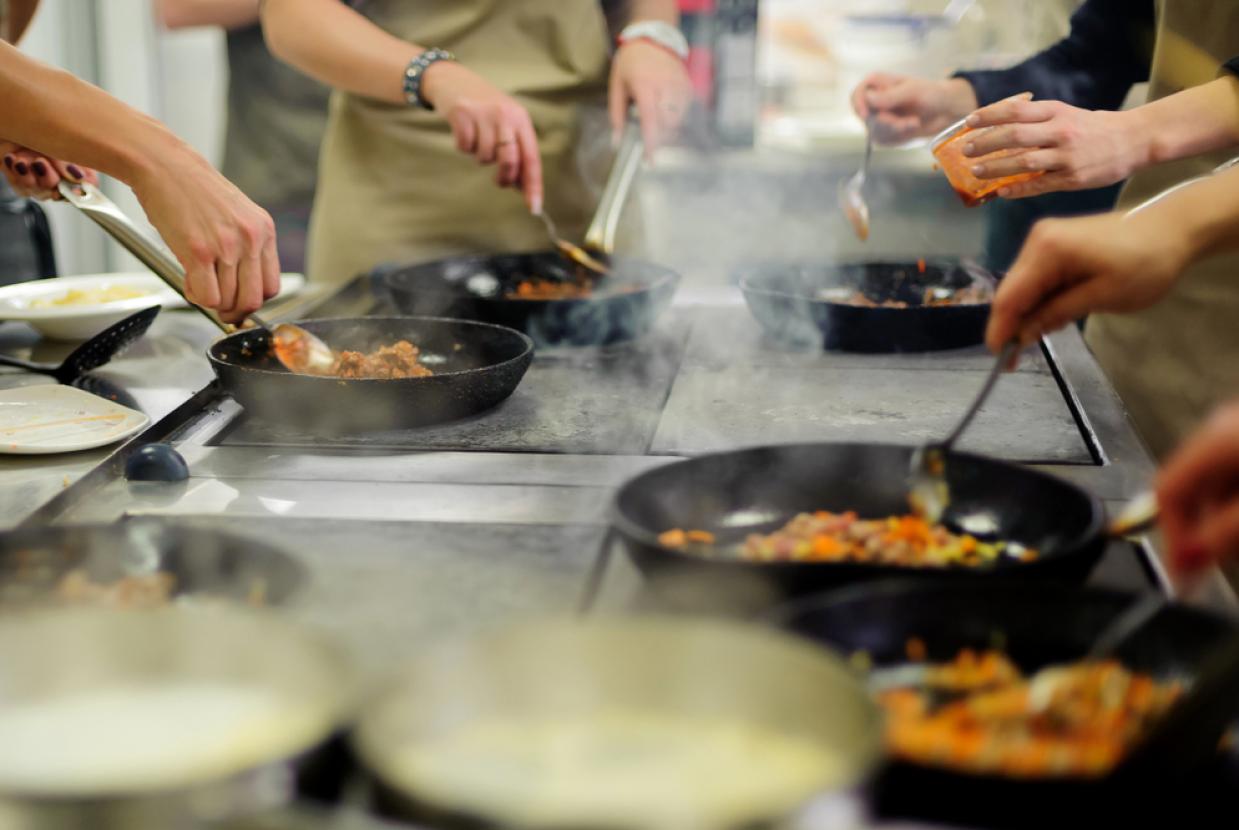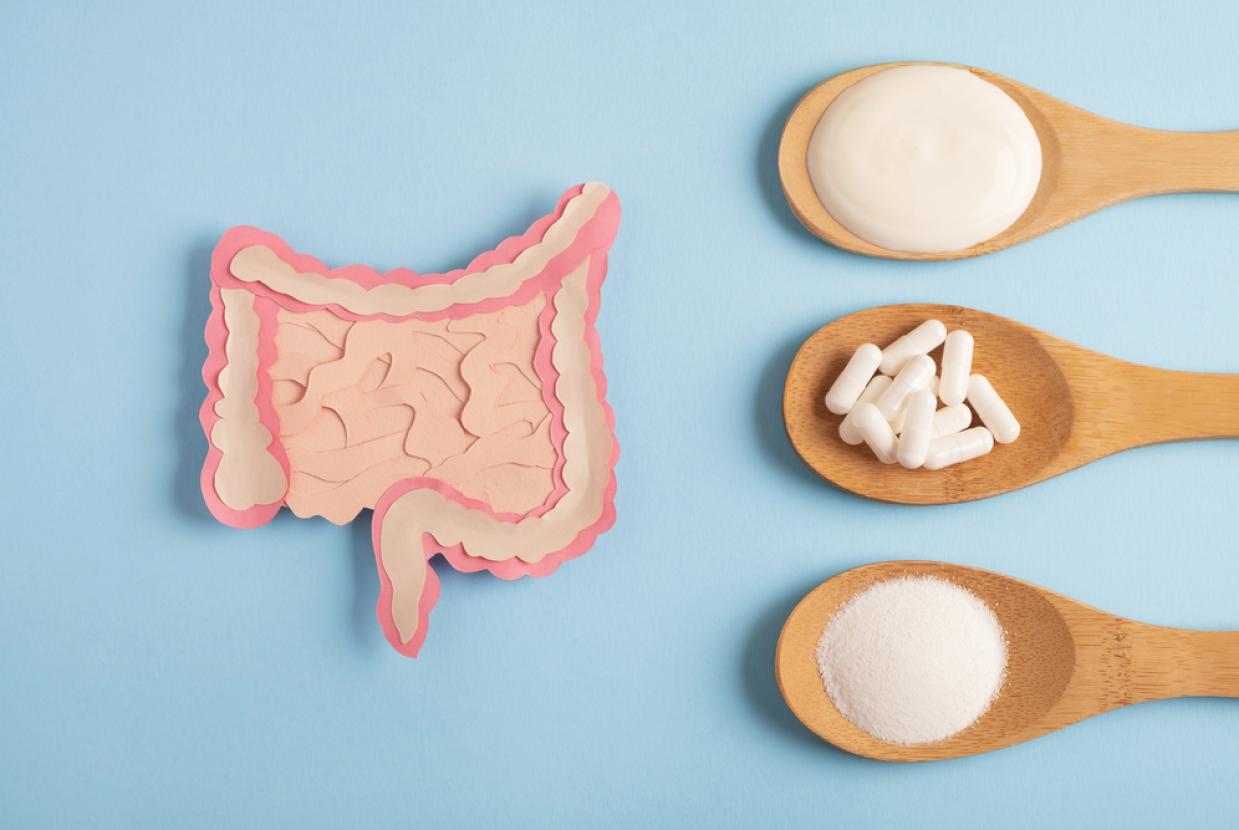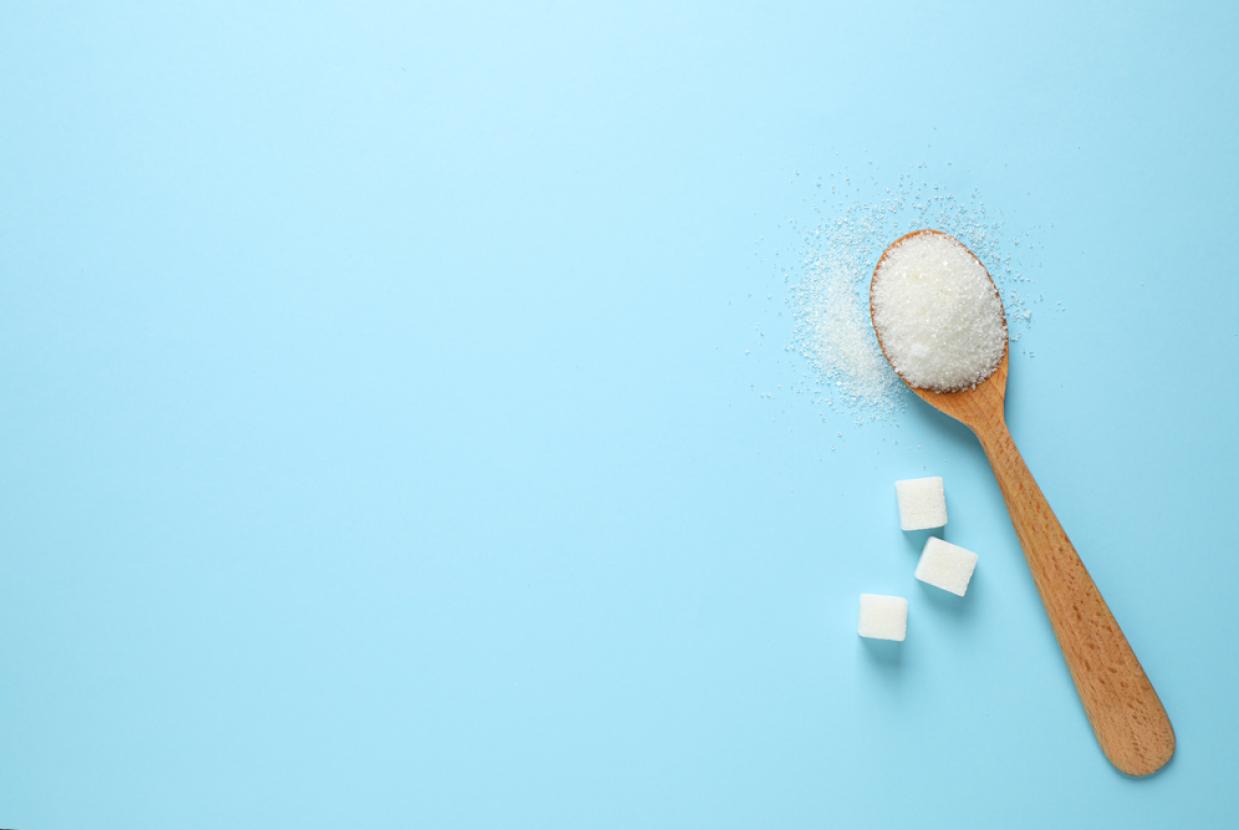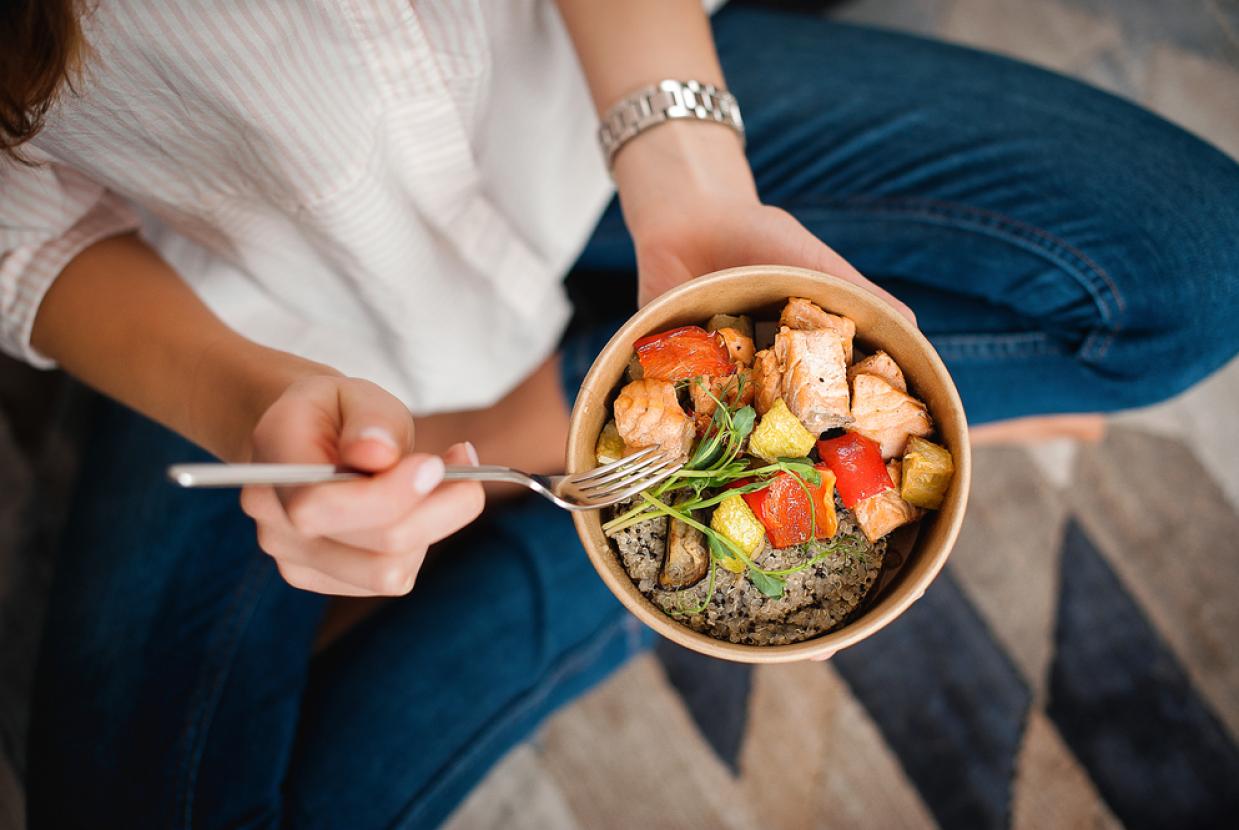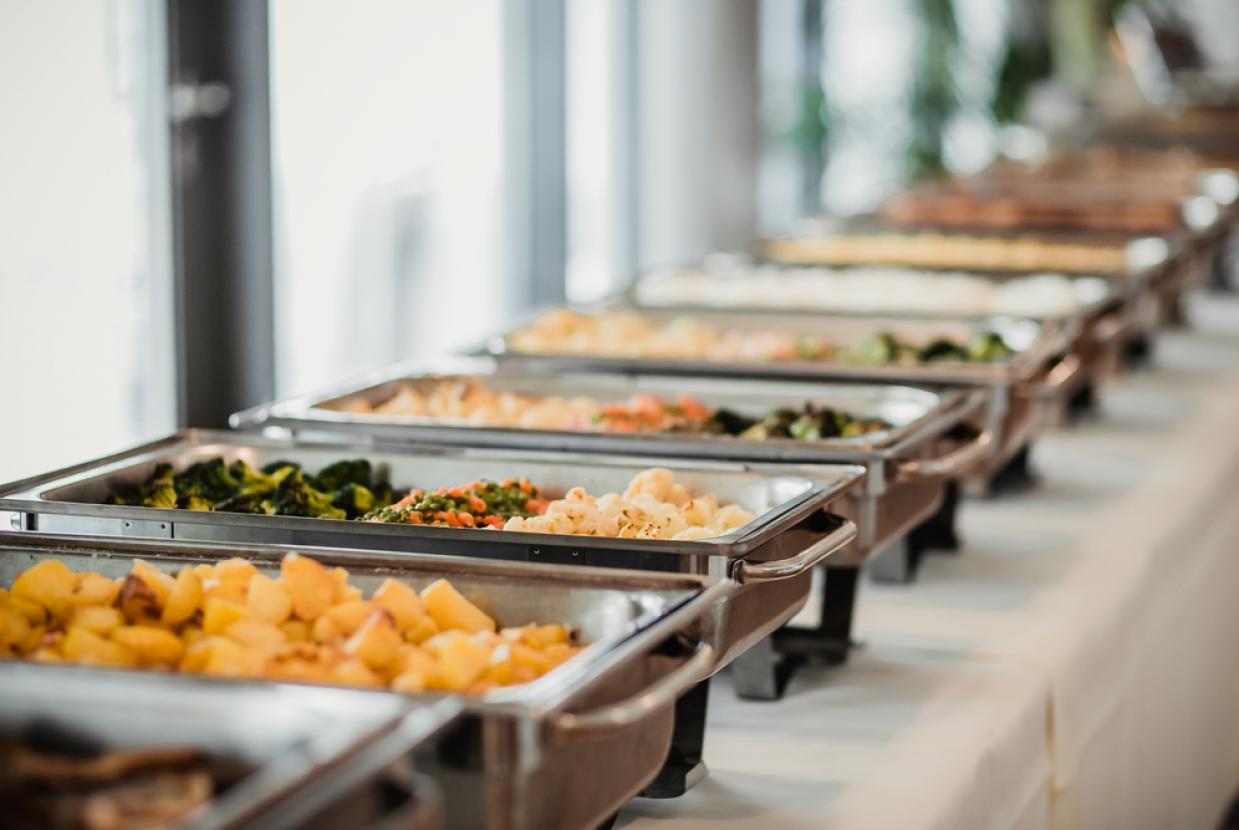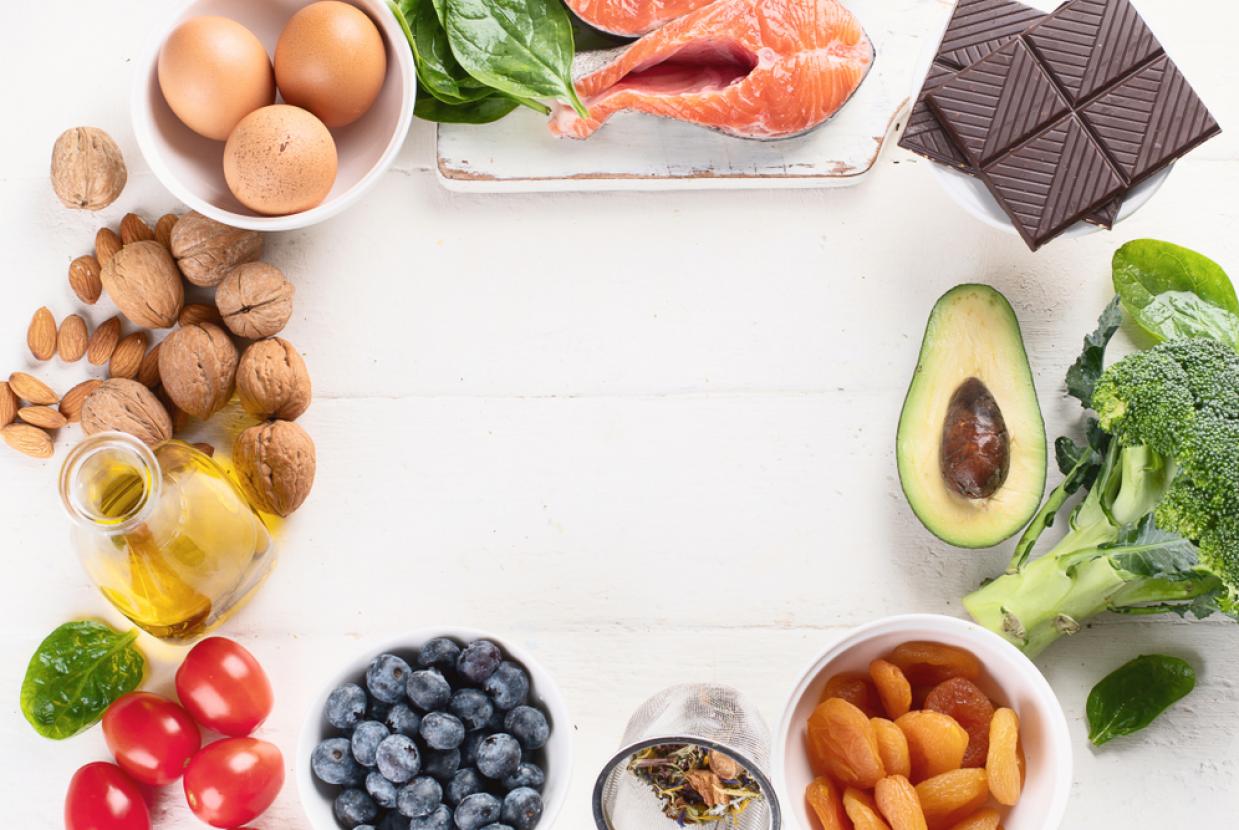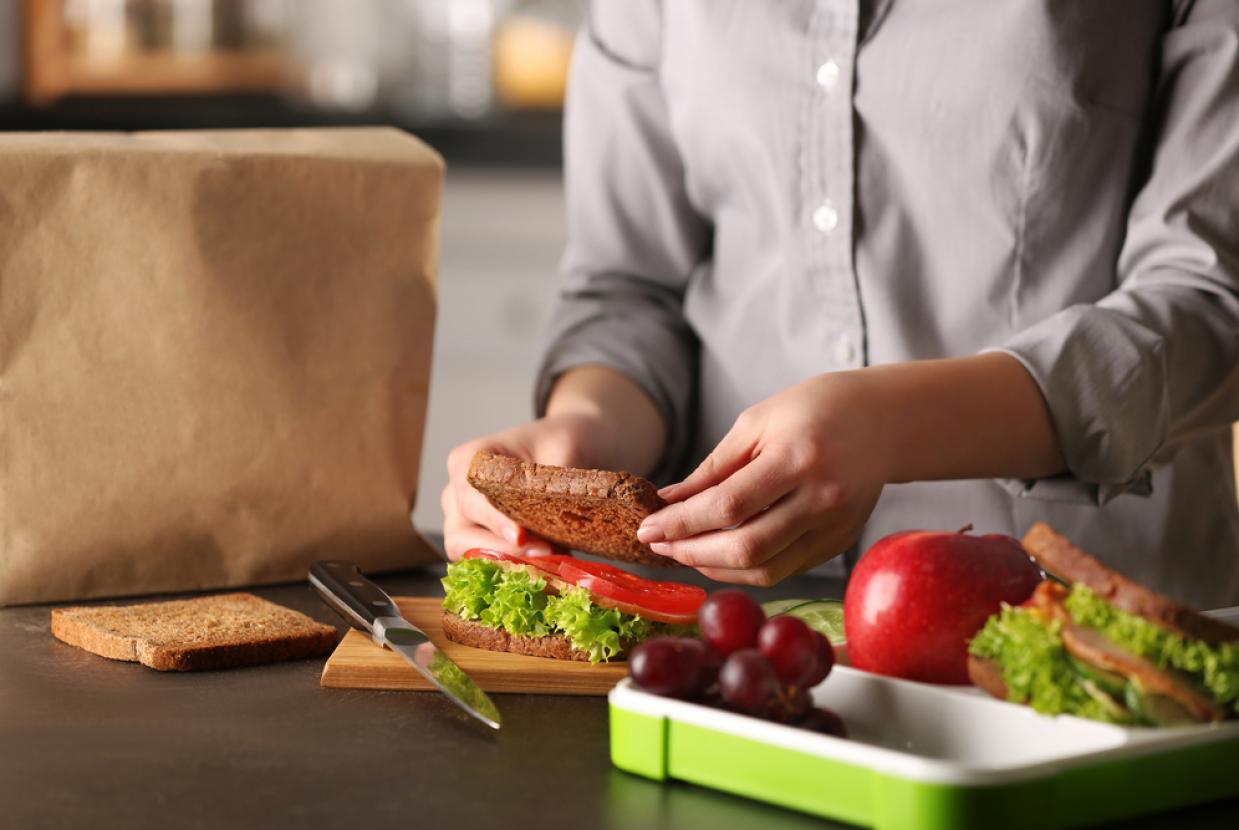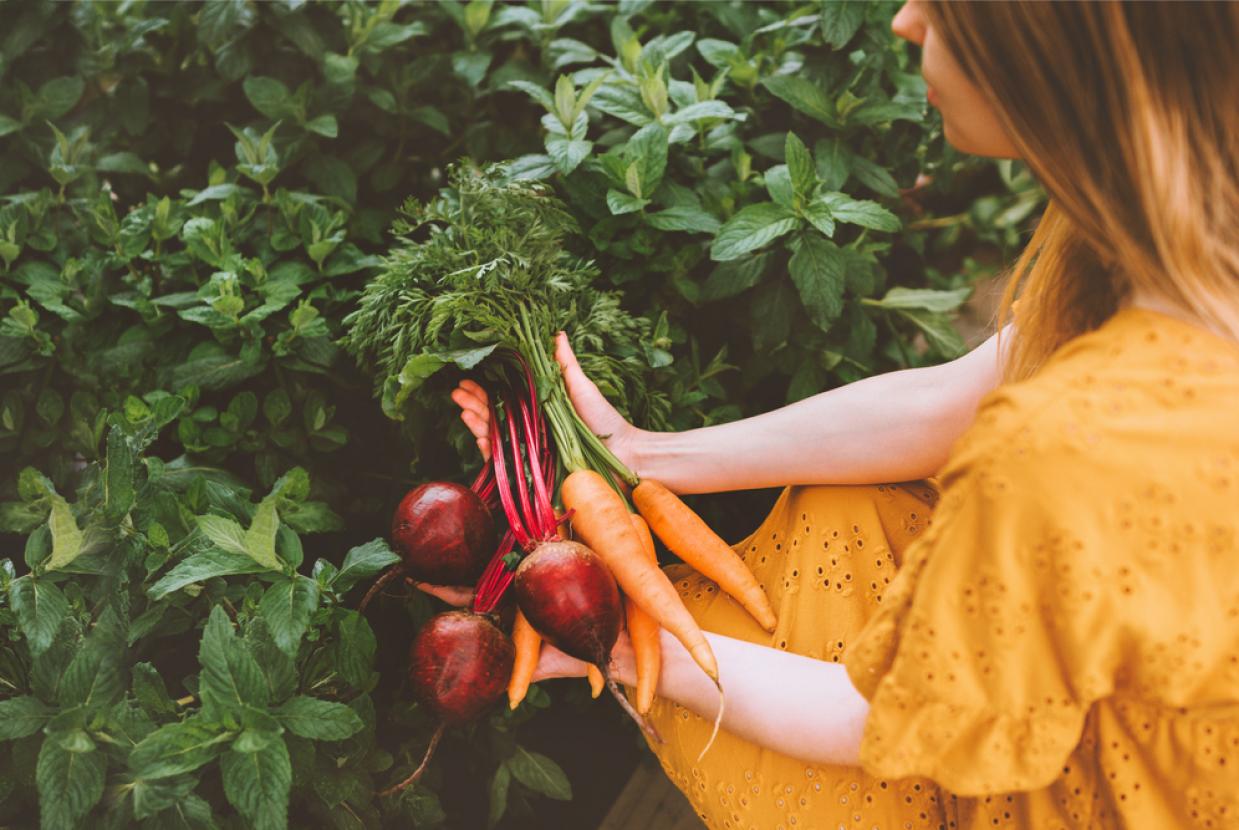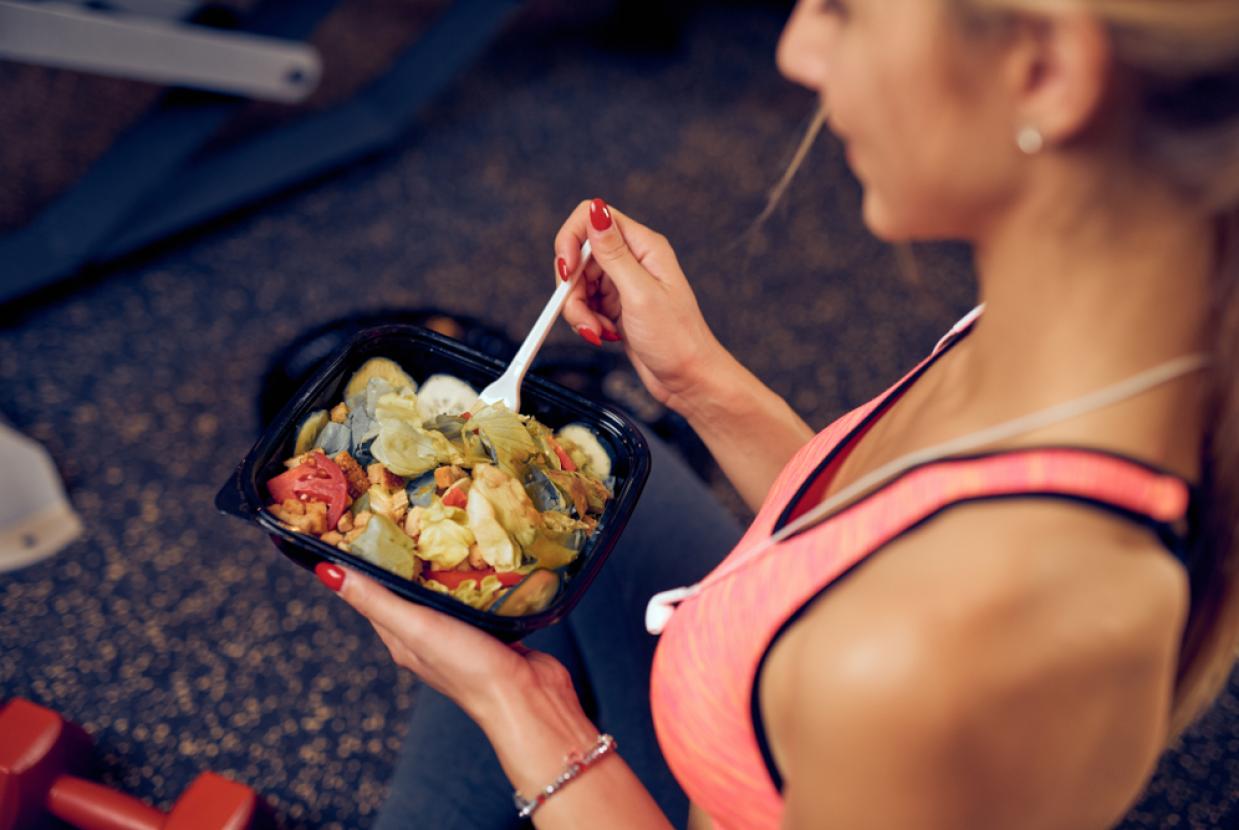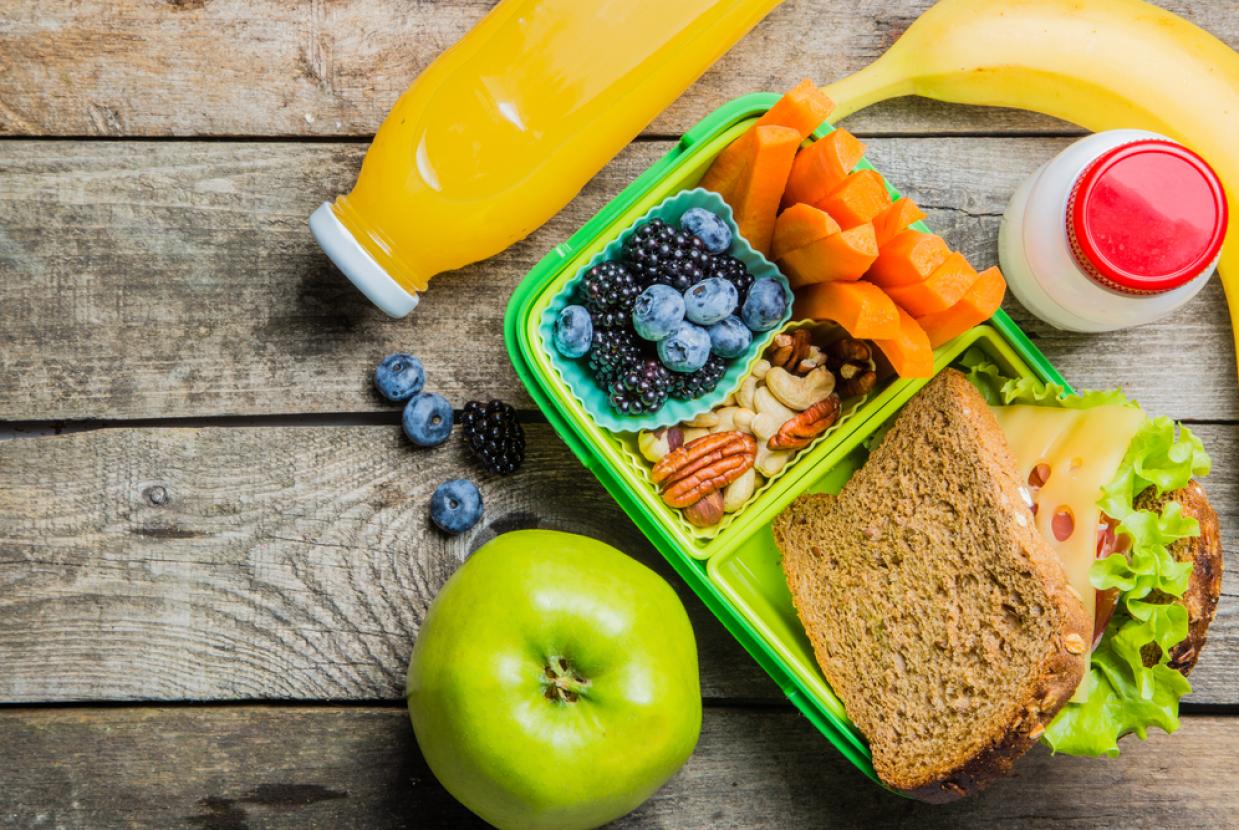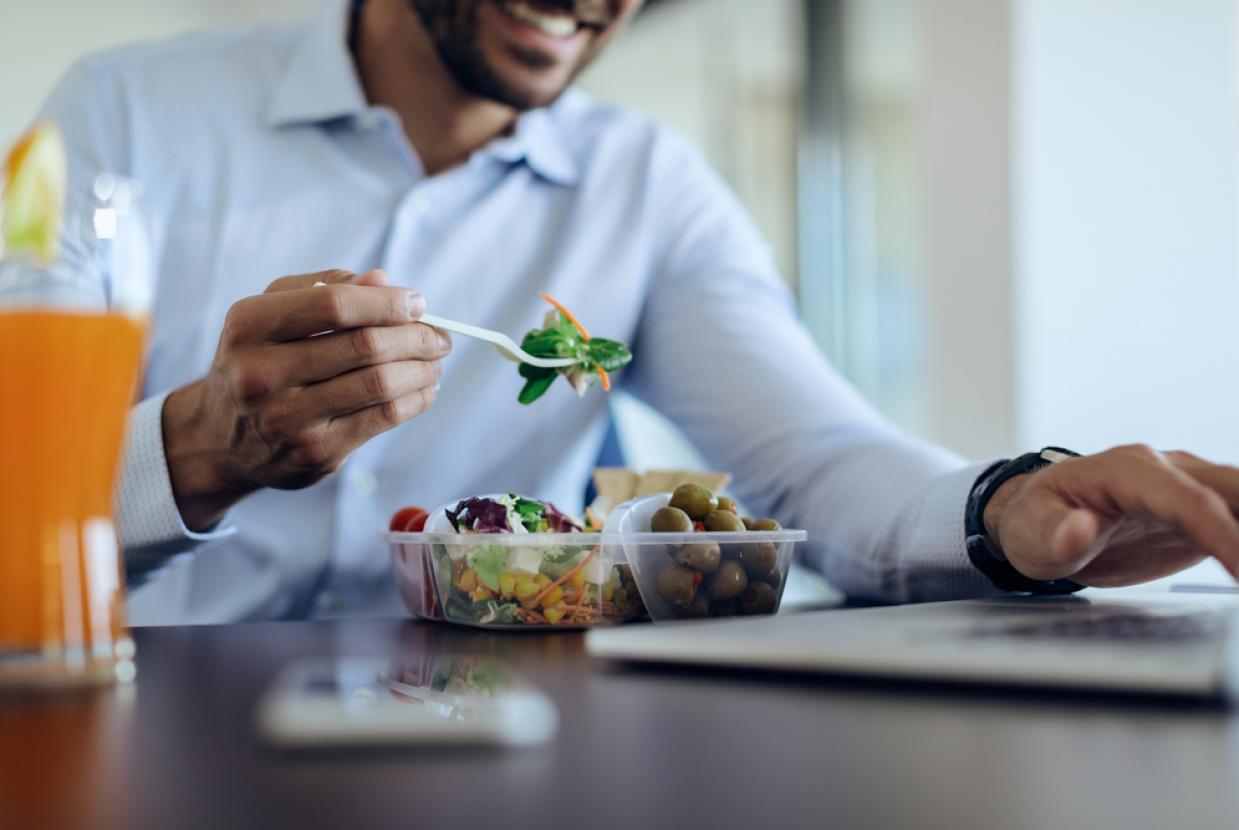What is a healthy diet? - Fibre
Healthy DietGetting enough fibre helps lower our risk of heart disease, diabetes and weight gain. When it comes to preventing constipation and maintaining your gut health, fibre is the way to go, along with plenty of fluid intake. However many of us don’t eat enough each day.
Types of fibre
There are two types of fibre: soluble fibre and insoluble fibre. We need both for good health to keep our digestion working at its best.
Soluble fibre is a soft, sticky kind of fibre that our bodies can digest. It helps reduce your blood cholesterol and ease constipation. It is found in foods such as:
- Porridge oats
- Peas, beans
- Citrus fruits, banana, apple
- Root vegetables – carrots, potatoes
Insoluble fibre is also called ‘roughage’ and cannot be digested. It passes through your gut without being broken down and helps keep your bowels healthy. This type of fibre is found in:
- Wholegrain foods, cereal, bran
- Cauliflower, green beans
- Potatoes
- Nuts and seeds (except golden linseed which contains soluble fibre)
How can I eat more fibre?
Fibre is only found in foods that come from plants. Here are some simple tips to keep your digestion healthy:
- Pick whole grain. Switch from white starchy foods (like white bread, pasta or rice) to the wholegrain versions (wholegrain bread, whole wheat pasta, brown rice and wholegrain cereals).
- Include a variety of vegetables in your diet. Try vegetable soup or salad at lunch or a vegetable stir-fry for dinner. If you are short of time, frozen vegetables are just as good.
- Eat fruit. Try to have 2-3 portions of fruit each day. Slice a banana on your cereal, slice some fruit into your salad or just enjoy as a snack or as dessert.
- Eat potato skins. Most of a potatoes fibre is in its skin. Try baked, boiled or jacket potatoes with their skins. Baby potatoes are also a good choice. Remember to wash skins and peels before eating or cooking.
- Include peas, beans and lentils in your diet more often. Add to soup, salads, stews or casseroles three or four times a week.
- Add seeds, which are high in fibre, to your diet. Sprinkle them on cereal, yoghurts, salad or in your homemade bread.
- Dried fruit and nuts are high in fibre, yet can still have a lot of calories. A good amount is a handful size of raisins or nuts as a snack.
- Drink fluids. You need water so fibre can work properly. Try to drink eight glasses of fluids each day. Water and milk are best. Remember to drink more when exercising or when it is hot.
Follow the healthy eating guidelines to ensure you are getting enough dietary fibre.
*Remember: it is normal to feel some bloating and to pass a little more wind when you first start to add in more fibre to your daily diet. This is normal and will settle down in a week or two. It may help to gradually increase fibre in our diet over a period of a few weeks.
What counts as high and low in fibre?
- High: Foods containing 6g or more of fibre per 100g.
- Low: Foods containing less than 3g of fibre per 100g.
Sources of fibre
A source of fibre means that the product contains at least 3g of fibre per 100g. Good sources include:
Breakfast
- Two wheat biscuits
- A serving of porridge
- High fibre breakfast cereal
- Wholegrain toast
- Piece of fruit
- Snacks
- Piece of fruit
- Sprinkle some seeds, chopped fruit or nuts on yoghurt
- Low fat popcorn
- Whole grain crackers
Lunch
- Baked potato with skins
- Salad
- Add beans/lentils to salads/soups
Dinner
- Serving of vegetables
- Whole wheat pasta, rice or noodles
- Add beans/lentils to casseroles, stews etc.


